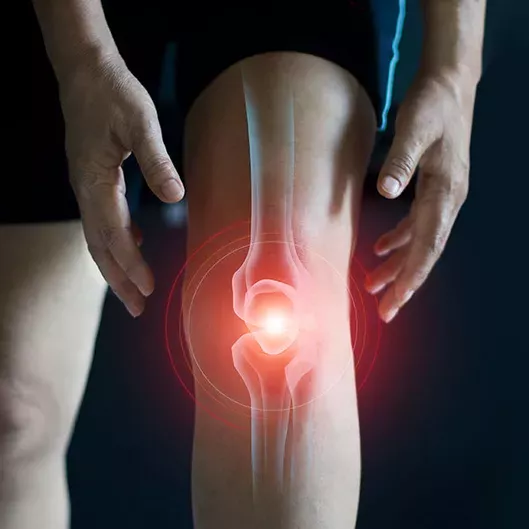What causes knee pain?
Acute knee pain can stem from sprains and strains that occur when you’re physically active. If your knee pain becomes chronic and lasts longer than six months, it might be due to an underlying injury or disease like:
- Fractures
- Bursitis
- Tendinitis
- Dislocation
- Osteoarthritis
- Torn meniscus
- Rheumatoid arthritis
Anterior cruciate ligament (ACL) tears are another type of knee injury that’s especially common in runners, soccer players, and other athletes. If you have persistent knee pain, swelling, or are unable to bear weight on your knee, it’s important that you schedule a diagnostic evaluation with the orthopedic specialists at Tier 1 Orthopedic and Neurosurgical Institute. Early intervention of knee injuries and disease reduces your risk for disability and other long-term complications.
What can I expect during an evaluation for knee pain?
The team at Tier 1 Orthopedic and Neurosurgical Institute spends time during your initial evaluation reviewing your medical history and your activities. They perform a physical exam to assess the range of motion you have in your knee and identify areas of swelling and bruising. To get a closer look at your knee joint, the team uses on-site X-rays and other diagnostic imaging tests. These tests can reveal fractures, tissue tears, and ligament damage that’s causing your pain. Once they understand the nature of your condition, the orthopedic specialists tailor a treatment plan to reduce your pain and preserve the structure of your knee joint.
How is knee pain treated?
Tier 1 Orthopedic and Neurosurgical Institute offers customized treatment plans for chronic knee pain, including:
Conservative therapies
Medications, rest, and ice or heat therapy can help ease knee pain. The team can also provide pain-relieving injections that contain an anesthetic and anti-inflammatory, so you can participate in physical therapy. Platelet-rich plasma (PRP) injections are also available. PRP comes from your blood and contains growth factors that help support the natural healing of your soft tissues. In some cases, hyaluronic acid injections can improve your knee’s function. Your knee already contains this type of acid, which cushions your joint during activities.
Surgery
When conservative treatments aren’t enough to treat your condition, the team might recommend surgery. They offer various minimally invasive surgeries that use arthroscopic or robotic techniques to repair damage in your knee joint, such as meniscus and ACL repair surgery and partial and total knee replacements. Following your surgery, you can participate in rehabilitative physical therapy to restore mobility in your knee joint. The team also offers comprehensive, preventive resources to reduce your risk for further knee pain, injuries, and damage from progressive arthritis. To learn more about the available treatment options for chronic knee pain, call Tier 1 Orthopedic and Neurosurgical Institute or request an appointment online today.

